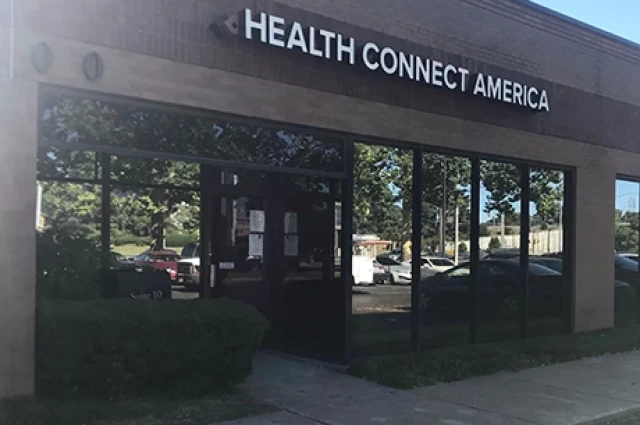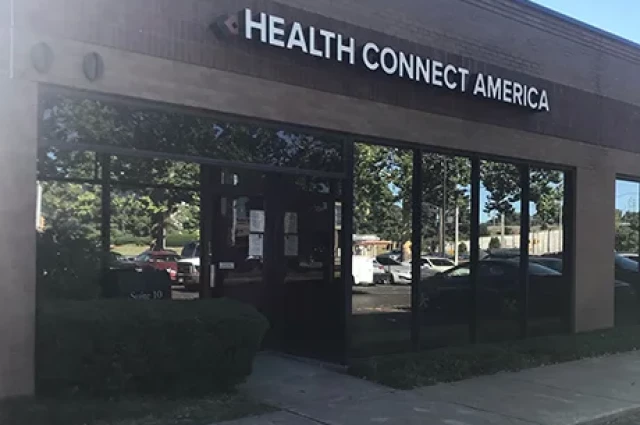Health Connect Amercia Information
Treatment
Who We Treat
- Children
- Teens / Adolescents
- Young Adults (18–25)
- Adults
- Seniors/Older Adults
- Adolescents
- Older Adults
- Male and Female
Approaches
- Family Therapy
- Group Therapy
- Cognitive Behavioral Therapy (CBT)
- Dialectical Behavior Therapy (DBT)
- 1-on-1 Counseling
- Online Therapy
- Life Skills Training
- Relapse Prevention Counseling
Conditions We Treat
- Post Traumatic Stress Disorder (PTSD)
- Trauma
- Gambling
- Anger
- Co-Occurring Disorders
Languages
- English
Aftercare
- Outpatient Treatment
- Intensive Outpatient Program
- Continuing Care
Level of Care
- Outpatient
- Co-Occurring Mental Health
- Aftercare/Continuing Care
Experience
Smoking and Vaping Policy
- Smoking Allowed in Designated Areas
- Vaping Allowed in Designated Areas
Accreditations
-
State mental health department
State mental health department accreditation refers to the process of evaluating and certifying the quality and standards of a state's mental health department, ensuring that it provides high-quality services and meets specific criteria for mental health care. The accreditation process is performed by a third-party organization and helps to improve the overall care and treatment of individuals with mental health conditions.
-
State department of health
Government agencies issue State Licenses, granting rehabilitation organizations permission to operate their businesses legally within specific geographic regions. The licenses needed for legal operation are typically determined by the type of rehabilitation program offered by a facility and its physical location.

-
Council on Accreditation (COA)
The Council on Accreditation (COA) is a non-profit that provides accreditation to human services organizations to ensure they meet high standards in service delivery. The accreditation process involves evaluating the organization's policies, practices, and services to meet specific standards.
Health Connect Amercia Accepts The Following Insurance Plans
Find the best treatment options. Call our free and confidential helpline today!


